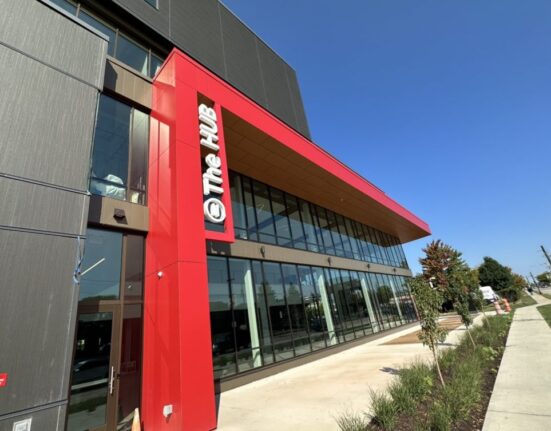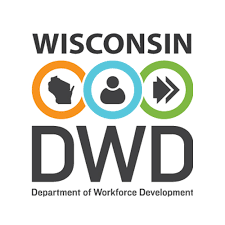
Better jobs and brighter futures for students are on the horizon as the Literacy Network expands its ability to provide courses after receiving a grant.
The Literacy Network, a Dane County based non-profit that helps low income adults with education to better their lives, received a $375,000 grant from Ascendium to expand its programs for immigrants and literacy initiatives. Students shared how the Literacy Network has impacted their lives, from becoming more confident to better jobs, and how that translates into a stronger community.
The grant will enable the Literacy Network to increase its annual Literacy for Opportunity program participants from 300 to 500, add digital literacy instruction and tutoring in response to student needs, add at least one additional ESL class, an ESL tutoring session and an expansion of its student services.
“It’s that kind of support in the community that allows us, when students keep coming in, to keep expanding but keep the quality high,” said Robin Ryan, executive director of the Literacy Network. “It’s not our goal to get as many students into the classroom as possible. We want students who we can support over the multiple semesters that it takes to move up.”
The grant will allow Literacy Network to better support students like Anabel Carruyo and Hilario Reyes, who went through the Literacy Network’s English as a Second Language program (ESL), can be reached further with the grant.
Carruyo found her way to the Literacy Network to increase her ability to speak English and gain more confidence. Before she started classes, and arrived in the United States, Carruyo worked at a restaurant and could say a couple of phrases she picked up. She could say the phrases but struggled when others spoke back to her in English.
Carruyo knew that a key to a better job and more confidence was for her to learn English.
“I have seen improvements in my own development — in my first personal life and my professional life,” Carruyo said. “I’m feeling more confident talking to more people and being able to communicate better with people that are key in my life, like my doctor or my daughter’s teacher or even my supervisor.”
Working through the program has helped Carruyo in the long run. She went from working at a restaurant to working for UW Credit Union, which prides itself on its bilingual services, and is now a real estate agent.
“Once I improved my skills to communicate in English, I was able to move to positions that I can talk to other people and actually have a conversation with,” Carruyo said.
Reyes, who has been through the ESL program and is now working on getting his GED through the Literacy Network, had a similar circumstance as Carruyo.
Reyes was working as a roofer, but the burnout from the demanding work and costs to get people to translate important documents were adding up. He saw a sign for English courses in Spanish from the Literacy Network and decided to take the plunge to better his life.
“I feel like it was hard for me to live in this community because in the past, not many people spoke my language. It was only English,” Reyes said. “I told myself I gotta learn some English because there is nobody speaking Spanish and it was so hard.”
Reyes has noticed a subtle increase in Spanish language in Madison, but still knows that learning English will impact lives for the better. He often encourages others to come down to the Literacy Network to check out ESL courses.
Now Reyes works in maintenance for a large property manager in downtown Madison. He feels that he has earned trust from his bosses for being able to communicate better with English under his belt.
“It makes me feel good. That’s why I keep learning,” Reyes said.
Literacy is an important stepping stone for earning potential. According to the Literacy Network, adults who participate in 100 or more hours of basic education programs increase their annual income by an average of $10,000 per year.
Immigrants who become naturalized have a chance to earn about 10% higher family income too — which is why the Literacy Network extends its mission to help students study for their citizenship test with its English and civics classes.
But the impact extends past just individuals, Reyes and Carruyo say. Learning English to gain better job prospects and earning potential reaches out to the whole community.
According to the Vera Institute of Justice, immigrant-led households have an estimated $1.3 billion in spending power and that figure has increased year after year.
The Literacy Network has seen a continuous growth in enrollment. In 2023, the non-profit reached 1,400 students, an increase from 1,000, and a record number of refugee students with over 130 that year. The Literacy Network estimates that between up to a third have enrolled in courses with the goal of finding a new job with better earning potential.
Now celebrating its 50th year operating, and seeing the expanded needs of the community, the Literacy Network is expanding its Dane Street facility to include more classrooms. The expansion is set to be done in February.






